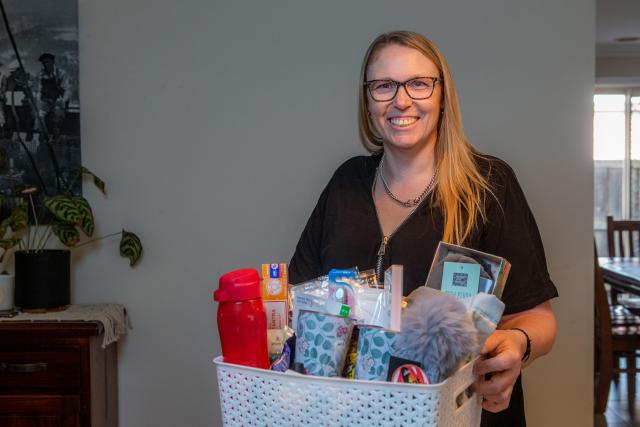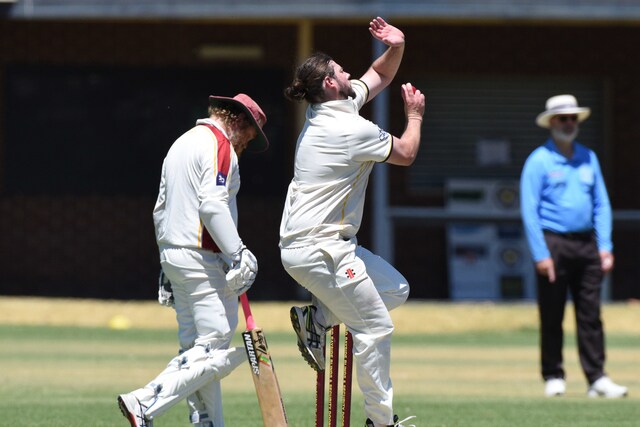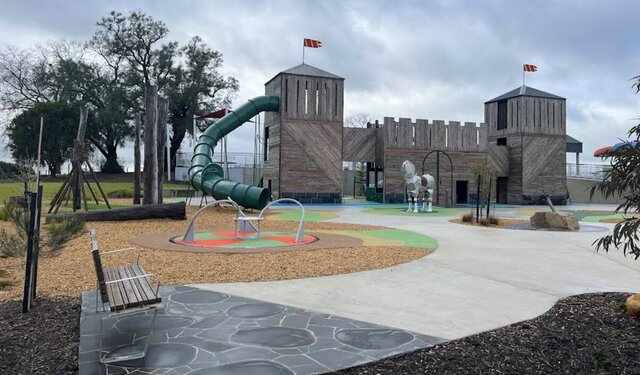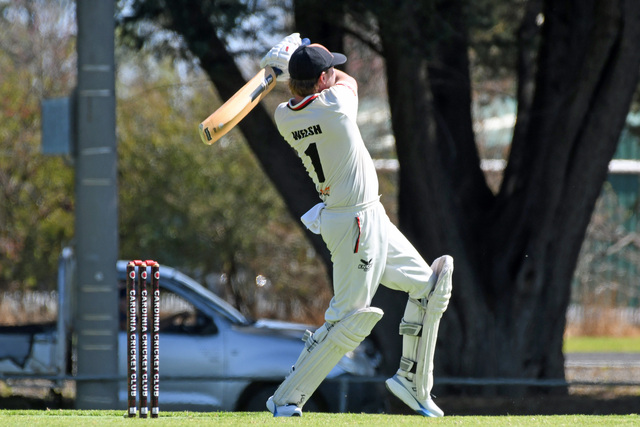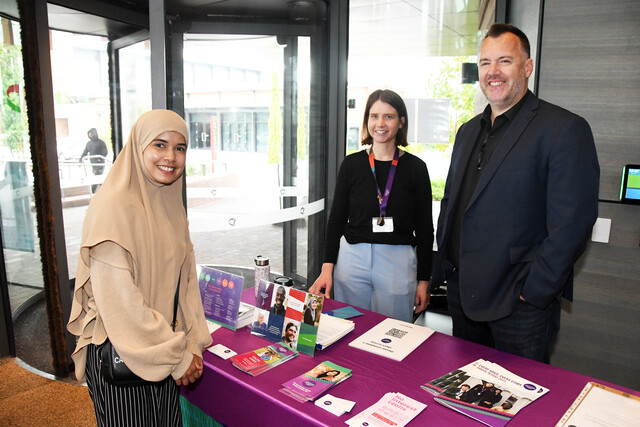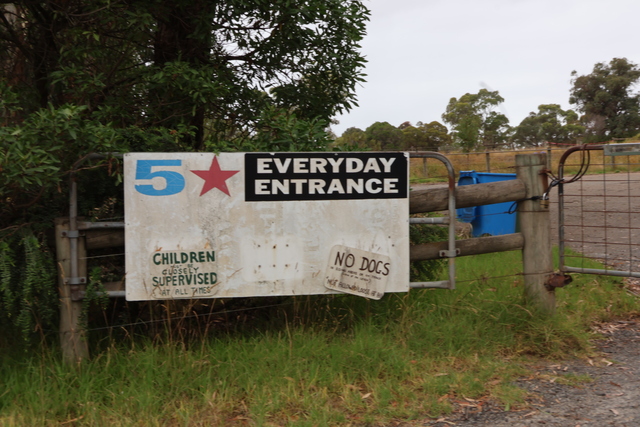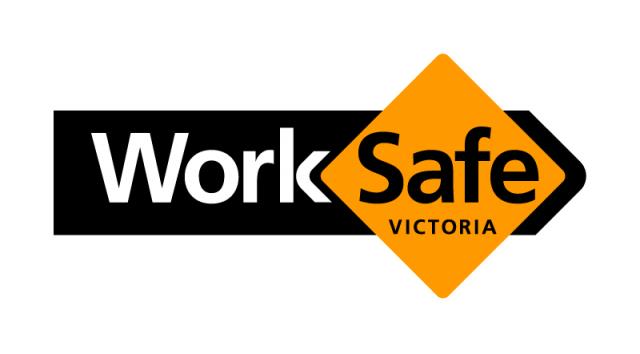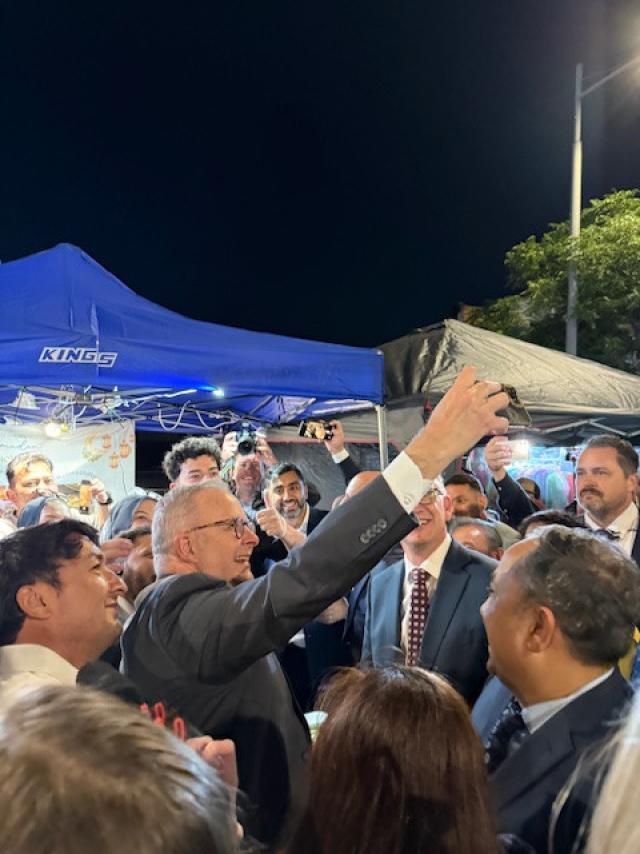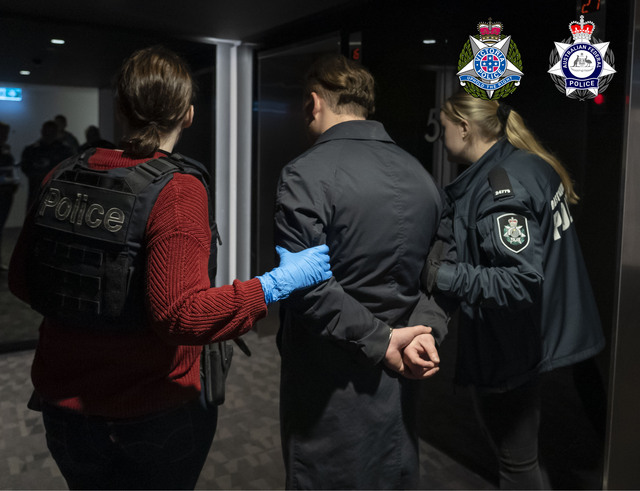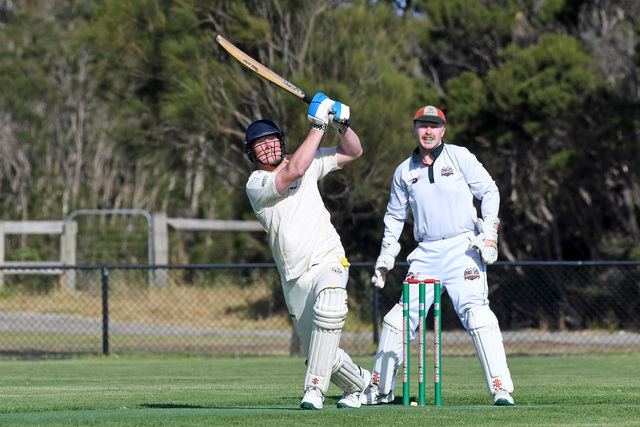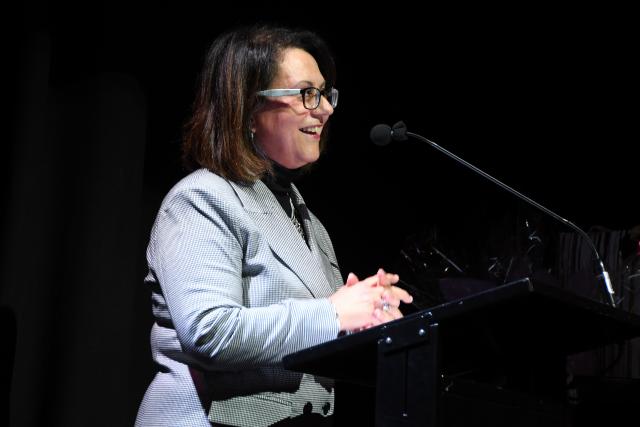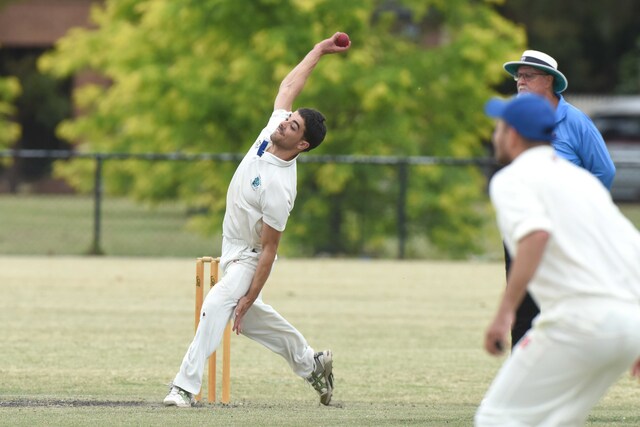When Susan Richardson began her aggressive chemotherapy in 2015, no one told her to anticipate the mouth ulcers.
So debilitating was the pain that the Cranbourne North woman purchased a toothbrush was softer bristles, to avoid aggravating the sore when cleaning her teeth.
Nor was she aware of how cold a hospital ward can be as she underwent periods of treatment for her Non-Hodgkins lymphoma, after she was diagnosed in 2015.
It’s why in her care packs you’ll find both a gentle toothbrush and a throw-rug, along with nail polish, a notebook, crossword books and more, to make the experience a little more comfortable.
Ms Richardson prepares the packs for people beginning their chemotherapy treatment before donating them anonymously for recipients embarking on what she described as “an intense rollercoaster”.
“I try to put in there what I used and what would have been helpful when I was going through chemotherapy,” Ms Richardson said.
“They have two travel coffee mugs, because you always have someone take you to chemo and there with you. There’s moisturising cream, because your skin goes dry. And a note book because you forget things and need to write them down.
“When you get on a rollercoaster, once they put the bar on you, you can’t get out and it’s time to go. A cancer diagnoses is like putting the bar down, and it happens so quickly; you’re seeing a surgeon, an oncologist and having checks and appointments.
“From when doctor gives you the information and there’s a lot of process before starting treatment. The doctors only tell you the basics, not the things like ulcers in the mouth, or how quick you lose the hair, there are lots of things you find out along the way.”
Ms Richardson doesn’t ask for anything in return, and is happy to not be recognised for her generosity.
“I started sharing on social media what I was doing and got messages from people saying they knew someone starting chemo. I dropped them at their door and never saw them again.
“I just hoped they would get through to the other side.”
While the mother of three has now been ‘cured’, the physical and emotional scars remain.
Her beloved long blonde hair, a casualty of the chemotherapy, grew back brown and curly, requiring her to put on a front for those around her including her young family, which became emotionally draining.
Her intense three-week cycle saw her undergo treatment for three days to begin the week and return to hospital by the Sunday, but to recover and receive Neutrophills, as the three days left her feeling week and exhausted, and unable to participate in or complete parental activities.
Returning to the rollercoaster analogy, there’ll be many ups and downs, but it’s all part of the inescapable reality of the process.
“In the notebook I tell people that it’s okay to have a bad day.
“As parents we tend to keep that brave face on and always be making it not so bad for the kids, but you have allow for those bad days.”
As word spreads of her service, Ms Richardson is hoping to turn the initiative into a non-for-profit organisation or an established charity program.
“Someone said to me, ‘I think you do them because it helps you heal and feel better.’ I didn’t think at the time until they said it and I think they might have been correct.
“It does make me feel better to give them and it makes me not so much worry about my issues that I have. I like helping people and paying it forward, but there’s also a bit of healing too.”

